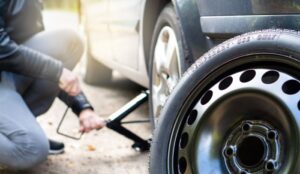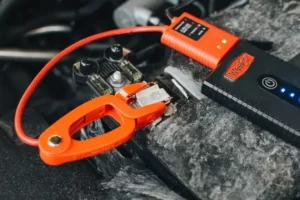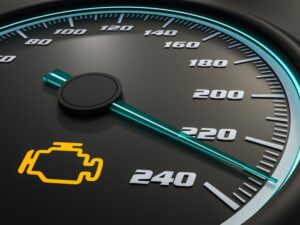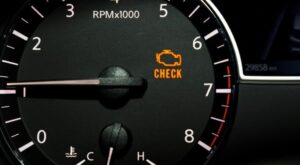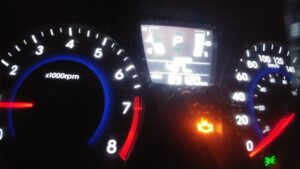There are many car owners who have had accidents and have to make claims for their own damage. You may find yourself being made a claim by someone that you owe money for repairs to your own vehicle, or perhaps the other person is claiming on your insurance policy to pay for your vehicle.
The first step in learning how to claim car insurance for your own damage is to know what the law says. There are several laws that govern insurance coverage that are designed to protect the consumer. This includes laws regarding the right of the insurance company to adjust your rates to make it more affordable for you to pay the claim.
In order to file a claim with an insurance company, you will need to be able to provide them with enough information so that they can adjust your rate. This includes things like the exact extent of the damage done to your vehicle, how the accident occurred, and if there were any witnesses who saw the accident happen. Additionally, you will need to provide your insurance provider with copies of any pictures you may have taken on your cell phone or camera at the time of the accident.
In many cases the auto insurance company will adjust your insurance premiums by adding the amount of damage to your own vehicle. In some cases they will offer you a discount based upon your driving record and the type of vehicle you drive.
To learn how to claim car insurance for your own damage you can also take a defensive driving course. Many people that take these courses become better drivers because they learn to drive around others while avoiding accidents. A defensive driving course can also help to reduce your insurance costs when filing your insurance claims.
Your personal injury lawyer will have a better chance of securing the best possible compensation for your injuries and the damages to your car. If you want to learn how to claim car insurance for your own damage, you should contact an accident attorney who is familiar with these laws.
After you file your insurance company will begin the process of reviewing the claims. If you have made an accident claim before you may be eligible for a reduction in the total amount that your insurance company has to pay.
If you do not make sure that you have all the necessary documents or evidence to support your claim. your insurance claim may not be fully paid.
If you were involved in a minor accident but no one was injured, make sure that you have your insurance card or license. The police will likely write down your license plate number, so it is important to make sure that you have proof that you are insured when involved in an accident.
Your insurance company will want to know what date and time of day the accident occurred. If the driver of the other vehicle is cited for speeding, you will probably be able to avoid paying a ticket by taking a traffic school. If you were not speeding, and the other driver is found at fault, you could be sued for your medical bills and the repair costs of the vehicle.
Insurance companies will investigate your claim and evaluate it based on the information that you provided to them. You may be offered the chance to make a written statement about the situation.
When you are making a written statement about the accident you will be asked to include photographs of any damage to the vehicle and any physical injuries sustained to yourself. It is also possible to submit a written description of the accident to the insurance company.
In many cases the insurance company will adjust the amount that you will have to pay out based on your initial estimate of the cost to repair the vehicle and the physical injuries sustained. You can also obtain discounts for filing multiple car insurance claims and making repairs and getting auto insurance discounts based on the vehicle you are driving.


